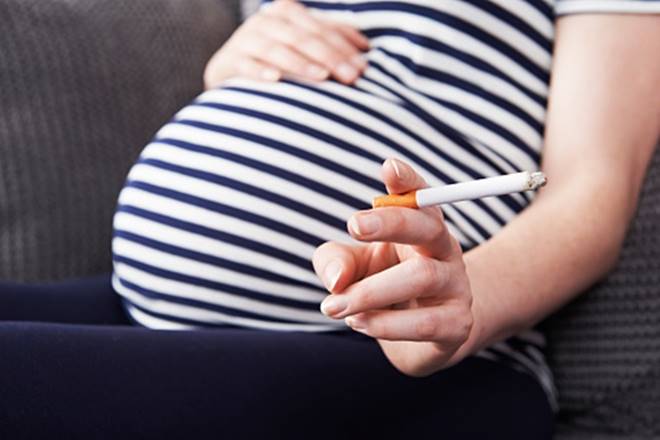DR.DIVYA A (PT), EXECUTIVE PHYSIOTHERAPIST, Cloudnine Group of Hospitals, Panchkula
Physiotherapy: A Vital Approach to Mitigate Smoking-Related Health Risks During Pregnancy
Smoking and Pregnancy: A Dangerous Duo
Smoking and pregnancy are a perilous combination, posing significant risks to both the mother and the unborn baby. The harmful substances present in cigarettes, such as nicotine and carbon monoxide, are transferred to the developing fetus, increasing the chances of miscarriage, premature birth, and low birth weight. Moreover, smoking during pregnancy is linked to severe health conditions like Sudden Infant Death Syndrome (SIDS), birth defects, and respiratory issues.
Impact on Maternal and Child Health
The ramifications of smoking during pregnancy extend beyond infancy, influencing the child’s health throughout life. From learning disabilities and behavioral problems to asthma attacks and frequent infections, the risks are extensive. Mothers who smoke face elevated dangers of heart disease, stroke, lung diseases, and diabetes, endangering their well-being.
The Role of Physiotherapy in Smoking-Related Health Management
Physiotherapy emerges as a vital intervention for addressing smoking-induced health problems. Conditions like Chronic Obstructive Pulmonary Disease (COPD), asthma, and cardiovascular diseases can be mitigated through physiotherapy. Tailored exercise regimens encompassing strength training, deep breathing exercises, and postural drainage aid in enhancing respiratory function, bolstering immune response, and reducing symptoms.
Antenatal Exercises for Enhanced Well-being
Antenatal exercises, including low-impact aerobics and stretching routines, play a pivotal role in improving physical and psychological well-being during pregnancy. By alleviating insomnia, anxiety, and pregnancy-related discomforts, these exercises also promote optimal weight gain, muscle strength, core stability, and glycemic control.
Empowering Through Aerobic Training
Aerobic training is a cornerstone of a healthy lifestyle, particularly for expectant mothers. This form of exercise induces physiological changes, benefiting both trained muscles and the cardiovascular system. Increased endurance and improved lung capacity contribute to better overall health and a smoother labor experience.
Breathing Techniques for Respiratory Relief
Deep breathing exercises, including pursed lip breathing, prove beneficial for managing chronic respiratory problems associated with smoking. These techniques reduce dyspnea and enhance respiratory muscle function, facilitating easier breathing and enhancing overall lung capacity.
Optimizing Lung Health with Postural Drainage
Postural drainage, a specialized physiotherapy technique, aids in removing excessive secretions from the lungs. By positioning the body to encourage the movement of mucus, postural drainage supports the body’s natural clearing mechanisms, improving airway hygiene and reducing the risk of infections.

